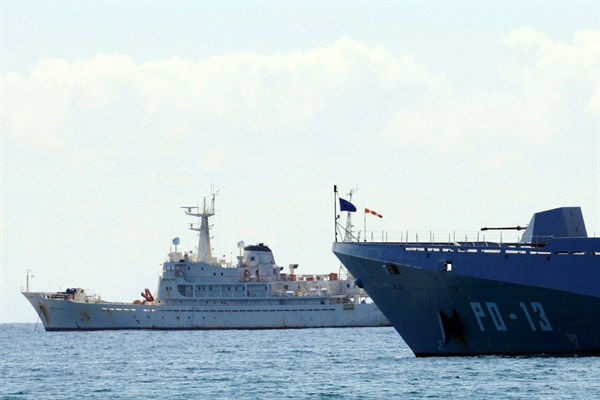On June 15, Guyana announced it had issued an oil and gas license as well as an environmental permit to ExxonMobil. Raphael Trotman, the resources minister, said oil extraction was expected to begin in 2020, a key step for Guyana as it tries to revive its struggling economy. However, a border dispute with Venezuela remains unresolved, and Guyana’s decision to move ahead with oil production risks souring bilateral relations. In an email interview, Robert Looney, a distinguished professor at the Naval Postgraduate School in Monterey, California, and a specialist in energy issues, explains the dispute and describes how oil fits in with Guyana’s economic development plan.
WPR: How has the discovery of oil off the coast of Guyana contributed to tensions with Venezuela, and what are the prospects for resolving the border dispute?
Robert Looney: Venezuela and Guyana have had tense relations intermittently since 1899. At that time, an international tribunal ruled in favor of what was then British Guyana in its dispute with Venezuela over a region known as the Essequibo. Today, this area comprises much of the landmass of Guyana. Venezuela, however, rejected the ruling. As a step toward resolving the issue, the Geneva Agreement signed in 1966 confers on the secretary-general of the United Nations the power to choose the means of settling the controversy.

